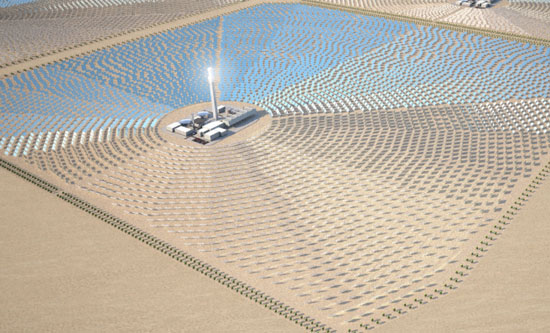
Fossil fuels are becoming increasingly difficult to access both in terms of technical requirements and cost as well as politically. Nations are competing for access to resources, and the trail of destruction left by imperialist intervention in North Africa and the Middle East has caused political instability. The European imperialists are desperate for new energy sources for themselves in an attempt to navigate this global energy crisis.
Energy Union – isolating Russia
At a European Council meeting in Brussels on 19 March, EU leaders backed a proposal for an Energy Union which involves linking up the grids of EU countries. It is being heralded with talk of ‘sustainability’ and the use of renewable energies but an analysis by the EU Observer found that in a paper presented to the European Commission on 25 February, natural gas was the most mentioned energy source. The EU Observer drew the conclusion that ‘the paper shows that the Commission has no intention of reducing the EU’s reliance on gas, a fossil fuel which is not as dirty as coal or oil, but still a fossil fuel’. At the close of the European Council meeting, the plans for generating energy for the Energy Union were extremely vague.
What is not vague however, is where the member states must not get their energy from – Russia. The Energy Union is an EU attempt to further isolate Russia economically and politically by reducing EU dependence on Russian energy imports. The clear focus of the European Council meeting was for tougher regulation on energy imports by EU nations. Russia is the single largest source of energy imports into the EU and Russian gas giant Gazprom currently provides a third of the EU gas imports. Many of the Baltic States rely entirely on Gazprom, and the European Council meeting stressed that they are the urgent priority for developing energy interconnections with the EU.
In addition, the Greek Energy minister, Syriza’s Panagiotis Lafazanis, has expressed concern that the Energy Union will benefit large corporations and increase inequalities between EU countries: ‘We generally don’t question the declared objectives of Energy Union, but we do doubt whether the means being proposed can succeed or, on the contrary, will end up reinforcing the inequalities and painful economic and social complications currently prevailing in the eurozone and the EU’.
TuNur – sustainable colonialism
British imperialism is looking to Africa for its energy resources. The government is currently in talks with a British based business consortium, who are seeking a supply contract for their TuNur project. This project plans to construct and operate a vast concentrated solar power (CSP) farm on a 10,000 hectare site in the Tunisian Sahara Desert, close to the border with Algeria. Nur Energy, a Franco-Tunisian company, has the largest share in the consortium; its Chief Executive Kevin Sara is heading the project. Sara is an ex-banker of Salomon Brothers investment bank, now Citigroup, where he advised governments on privatisation. The second largest shareholder is the Maltese Zammit Group, which is involved in sectors including oil and gas, shipping and transport. Joseph Zammit is the chairman of TuNur. The third main shareholder is Low Carbon, a British private equity fund focussed on renewable energy. If the project is awarded a contract, electricity will be transmitted to Britain through undersea cables and via terminals in Italy.
While the energy generated will be renewable and clean, it will be the continuation of British imperialism’s exploitation of resources on the African continent. Dr Hamza Hamouchene, an Algerian activist and co-founder of the London-based Algeria Solidarity Campaign, wrote, ‘Whether fossil fuelled or renewable, energy schemes that don’t benefit the people where the energy is extracted, that serve to prop up authoritarian and repressive regimes or only enrich a tiny minority of voracious elites and transnationals are scandalous and must be resisted’ (algerie-focus.com, 16 March 2015). Dr Hamouchene also points out that all the companies that produce and own patents on the solar thermal collectors, necessary for CSP are German, meaning countries such as those in North Africa are dependent on Europe and transnationals for renewable energy development.
Around 85% of Tunisia’s energy is sourced from fossil fuels, which are mostly imported. This is predominantly gas which makes up about 45% and is received via a pipeline running from Algeria to Italy across Tunisian territory. World Bank statistics show 99.5% of Tunisia’s population has access to electricity; meaning around 55,450 people are without access, while 99.3% of Algeria’s population has access to electricity meaning around 274,457 people without. The TuNur project site is in relative proximity to the areas of both countries least covered by the grid, but the directors are eyeing the lucrative European market, particularly Britain (which pays a higher price than the rest of Europe). TuNur is awaiting the Tunisian government’s continued enacting of legislation that the previous administration started, which means the government can give the project the go-ahead despite it contravening article 13 of the constitution, which states that all natural resources belong to the Tunisian people.
Capitalist governments are ‘serious’ about tackling climate change to the extent that it allows new avenues of profit-making and capital accumulation. Despite the illusion of an eco-friendly attitude to energy sources, these schemes demonstrate that in reality they will not put the environment – or people – before profit.
Cal Shaw




